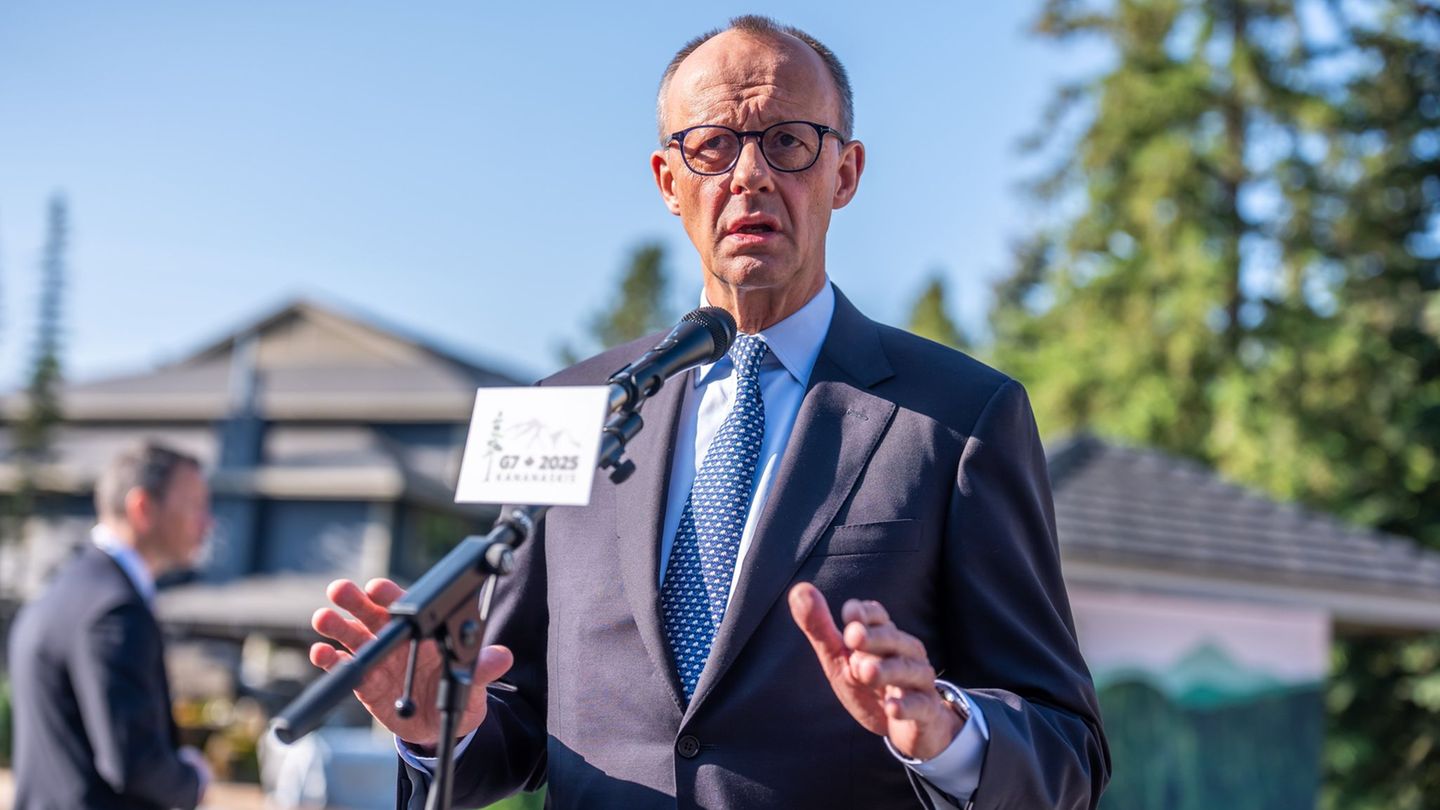The controversy aroused after the increase in rates at the container terminal of the Port of Montevideo —which has been in force since last Wednesday, with an increase of 17% in its general rates and 13% for export rates— continues to add actors to a scenario that has already had different exchanges and that is marked by the discomfort of the different sectors productive of the country that, in addition, export.
In this way, to the criticisms already disseminated from the Union of Exporters (UEU)the Chamber of Industries (CIU)the rural federation and other agricultural unions, also join those of the Chamber of Free Zones, from where they reiterated their “concern over the growing lack of competitiveness that affects the development of logistics and industrial activities in our country”.
The claim is not only directed towards the Belgian company Katoen Natie, which owns 80% of TCP, but also the government which, as the Uruguayan State, holds 20% of the stake in the company, through the National Administration of Ports (ANP); and that it is primarily responsible —in terms of public and monetary policies— for improving trading conditions in international markets for Uruguay.
In this sense, the Chamber of Free Zones maintained that it is urgent that the public and private actors involved carry out a joint effort to achieve a significant improvement in the competitiveness and efficiency of the entire Logistic chain. And he requested that a “deep review” be carried out in terms of procedures, costs and requirementsas well as the implementation of regulatory mechanisms that guarantee the competitiveness of the country.
Discomfort of exporters due to competitiveness
The increase in tariffs did not go down well in the sectors either. exporters, from where they came out in unison to criticize the measure and asked the government to back down. Through a statement, the agricultural unions spoke of “a new and severe damage to the national productive sector” and pointed out that “it is charged with a cost that further aggravates the sustained loss of competitiveness”.
Specifically, they asked the Executive guarantee “that the costs of this terminal stop representing another obstacle to the competitiveness and that port be, as it should, a strategic partner of those who produce and contribute their work and effort to the development of the country”.
Likewise, from the CIU they pointed out that the increase, in addition to being a cost more than it is carried on the shoulders of exporters, it is a covert recognition of the exchange rate delay that exists in the country. “If Katoen Natie really, with the letter that he presents of 24% in June, transforms it into 17% to date, the government endorses it, and that letter had an argument of an exchange rate delay of around 24%, then we understand that the government endorsed that there is an exchange rate delay of 17%and the truth is that the issue has us very concerned,” said the union’s president, Fernando Pache, to Scope.com.
Source: Ambito




